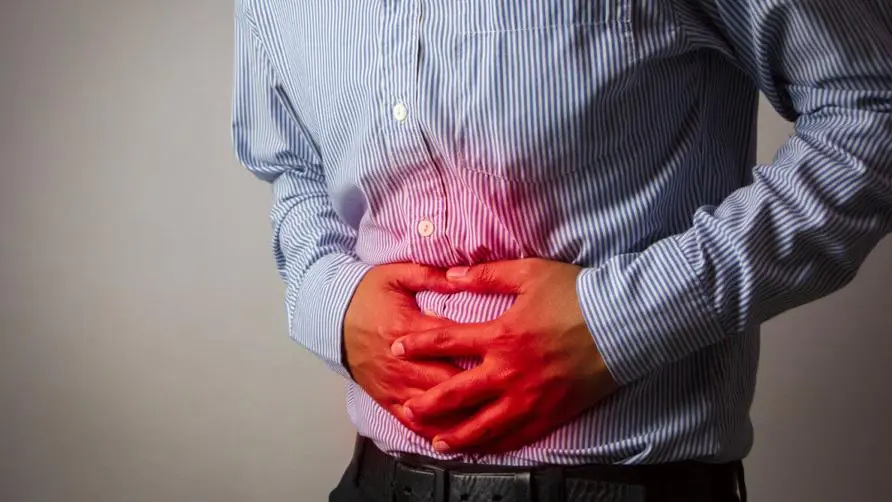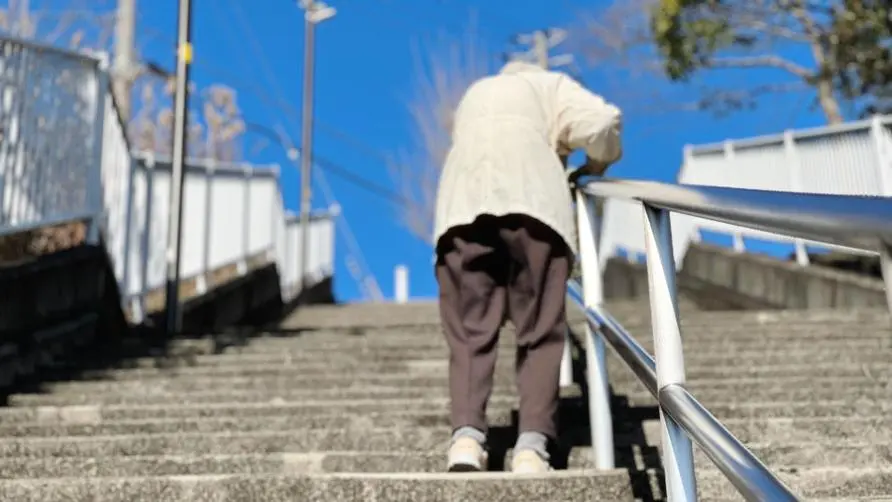Can "myocardial infarction" occur on hot days? Medical warning: "Eight high-risk groups": The mortality rate increases by 3% for each degree increase

Can hot weather also cause “myocardial infarction”? 55-year-old office worker almost lost his life
Many people mistakenly believe that winter is the time when cardiovascular diseases are prone to occur. In fact, hot weather may also cause serious myocardial infarction! Superintendent Zhang Zhao, director of the Cardiac Intensive Care Unit of the Cardiovascular Center of Cathay General Hospital, said that a 55-year-old male office worker who was admitted to the hospital recently felt short of breath and chest tightness from time to time. As he was conscious of his health, he thought it was just the hot weather and ignored it. Unexpectedly, the patient suddenly became breathless, sweating all over his body and almost fainted. His colleagues quickly called 119 for help. By the time the ambulance crew arrived, the patient’s cardiopulmonary function had stopped.
After a second electric shock on site, the patient finally recovered his heartbeat and breathing. The emergency room doctor judged that the ECG showed acute myocardial infarction and immediately consulted the cardiovascular center physician. He immediately activated the cardiac catheterization team and performed emergency cardiac catheterization and stent placement on the patient. After receiving appropriate medical treatment by the rescue team, the patient recovered as scheduled and returned to work.
Severe myocardial infarction may cause fainting and sudden death! Medical warning: “Eight major ethnic groups” are the most dangerous
Supervisor Dr. Zhang Zhao pointed out that myocardial infarction, also known as acute coronary heart disease, is usually caused by the gradual degeneration of the coronary arteries that supply nutrients to the heart due to age, high education, smoking and other reasons. Plaques accumulate in the endothelium of blood vessels and cause obstruction, which in turn causes myocardial damage. Symptoms of hypoxia and chest tightness and pain. If accumulated plaques unfortunately cause acute blockage of coronary blood flow, they may even cause shock or sudden death.
Typical symptoms of myocardial infarction are mainly chest tightness and chest pain. The pain can be connected to the shoulders, back, or neck, accompanied by cold sweats, breathlessness, etc. In severe cases, it can cause hypotension shock and even cardiac arrhythmia. Or cardiac arrest leading to fainting or sudden death. Smoking habits, obesity, high blood pressure, hyperlipidemia, diabetes, renal insufficiency or dialysis patients, and advanced age are all high-risk groups.
It should be noted that cardiovascular disease is not exclusive to the elderly. Many young and middle-aged men are proud of their youth and do not care enough about their bodies. They do not like to seek medical treatment or do not follow the doctor’s instructions when they have minor problems, which has become another major cause of cardiovascular diseases. It is recommended that people with three highs should take good health management, such as quitting smoking and reducing alcohol consumption; they should pay attention to replenishing water or electrolyte drinks when going out in summer. If the urine is dark yellow, it means insufficient water in the body.
What causes myocardial infarction in summer? “Insufficient fluid intake” may cause blood vessel blockage
Generally speaking, the sudden drop in temperature in winter can easily cause vasoconstriction or even spasm. The blood vessels will become narrower and cause acute symptoms. This is why the public generally believes that myocardial infarction mostly occurs in winter. As for whether high temperature will increase the risk of cardiovascular disease?
Supervisor Dr. Zhang Zhao pointed out that from a theoretical point of view, rising temperature will indeed increase the viscosity of blood, increase cholesterol, and damage the vascular endothelium, thereby increasing the chance of thrombosis. The reduction of body fluids caused by high temperature will aggravate the above phenomenon. Excessive dehydration in certain patients may even develop into hypovolemic shock or fatal arrhythmia due to electrolyte imbalance.
Supervisor Dr. Zhang Zhao pointed out that hot summer days can easily lead to rapid loss and evaporation of sweat. At the same time, if water and electrolytes such as potassium and sodium are not replenished enough, the blood becomes sticky and may lead to blockage of coronary arteries or cerebral blood vessels. In severe cases, it may lead to myocardial infarction or stroke. In addition, dehydration can also cause your heart to beat faster, leading to arrhythmia or heart failure.
The higher the temperature, the more likely myocardial infarction is to occur? Each degree of temperature increase increases the risk of death by 3%
Supervisor Dr. Zhang Zhao said that according to domestic and foreign epidemiological studies, the number of emergency department visits for acute coronary heart disease will also increase as the temperature rises: When the temperature exceeds 30 degrees Celsius in summer, the risk of acute coronary heart disease will begin to increase. High; when the temperature exceeds 31.5 degrees, the risk will increase by nearly 30%; for every 1 degree increase, the overall risk of death will increase by 3%. If the patient is also accompanied by advanced age or diabetes, excessive temperature will increase the risk of death from coronary heart disease.
It is worth mentioning that not only high temperatures, many studies have also found that the temperature difference between hot and cold is too high (greater than 8.5 degrees Celsius), or the indoor environment lacks air conditioning and is continuously heated, will also increase Risk of acute coronary heart disease. Currently, the weather in Taiwan often tends to be extreme. Weather reports often include record-breaking high temperatures or dramatic temperature differences between day and night. People with a history of cardiovascular disease should not be cautious.
How to avoid myocardial infarction in summer? Medical advice: “4 things” must be done
Supervisor Dr. Zhang Zhao advises high-risk patients to pay more attention to the weather forecast when the weather is hot, and avoid going out for strenuous outdoor activities during high temperature warnings. When it is necessary to go out, you must use shade to avoid direct sunlight, and pay attention to adequate moisture. and electrolyte replenishment to avoid dehydration. If you have heart failure or kidney disease, you should be more cautious in hydration control and ask a professional doctor for advice.
In addition, the indoor environment should be kept as cool and ventilated as possible. If the indoor temperature is too high, it is best to have moderate air conditioning. The temperature of the air conditioner is best set at around 26-27 degrees Celsius. This not only saves electricity but also avoids indoor and outdoor damage. Excessive temperature difference can cause discomfort and even increase the chance of acute coronary heart disease.
If symptoms suspected of myocardial infarction occur, Dr. Zhang Zhao recommends that the public should go to the hospital for examination as soon as possible to avoid missing the golden time for treatment. Doctors will treat the disease with drugs or surgery, such as percutaneous coronary balloon dilatation, vascular stent placement, and coronary artery bypass surgery, depending on the severity of the patient. In general, patients should not take acute cardiovascular diseases lightly because the weather is hot.
Extended reading:





